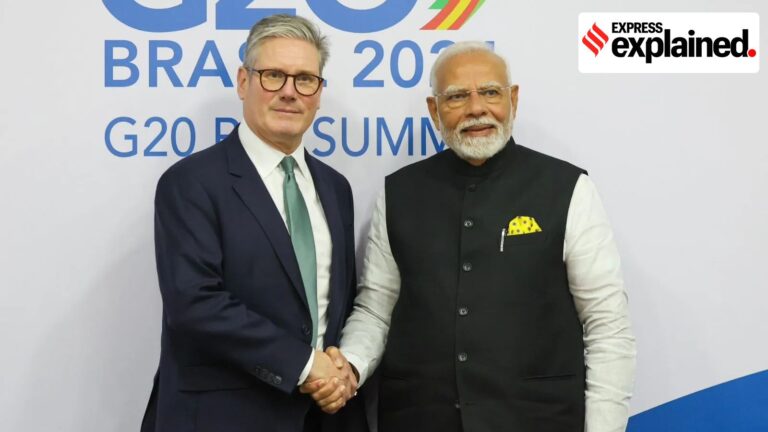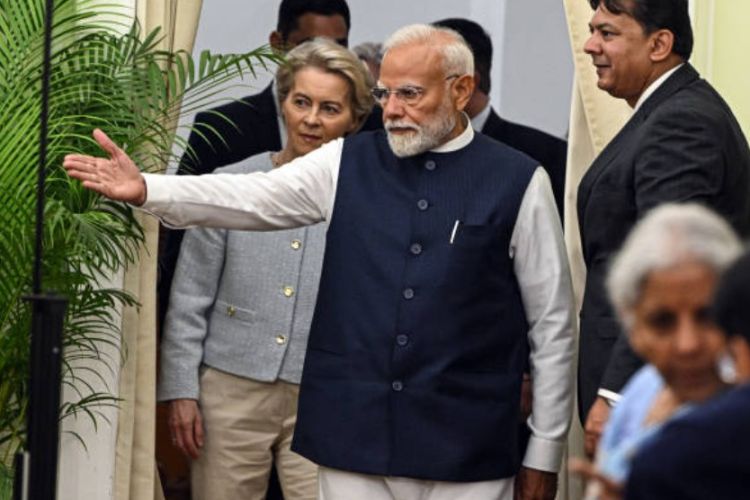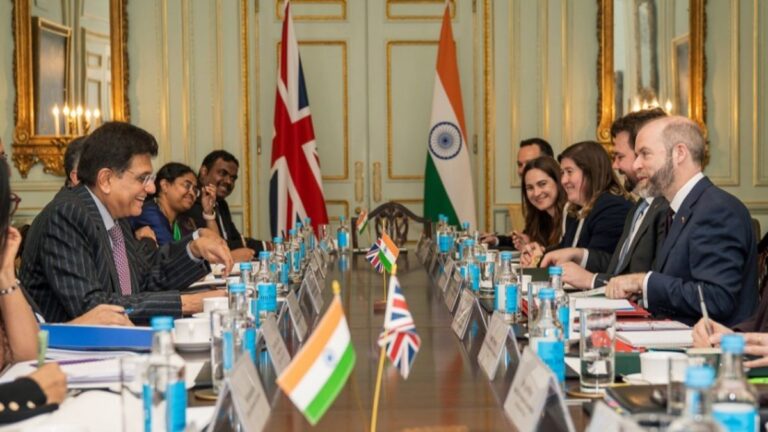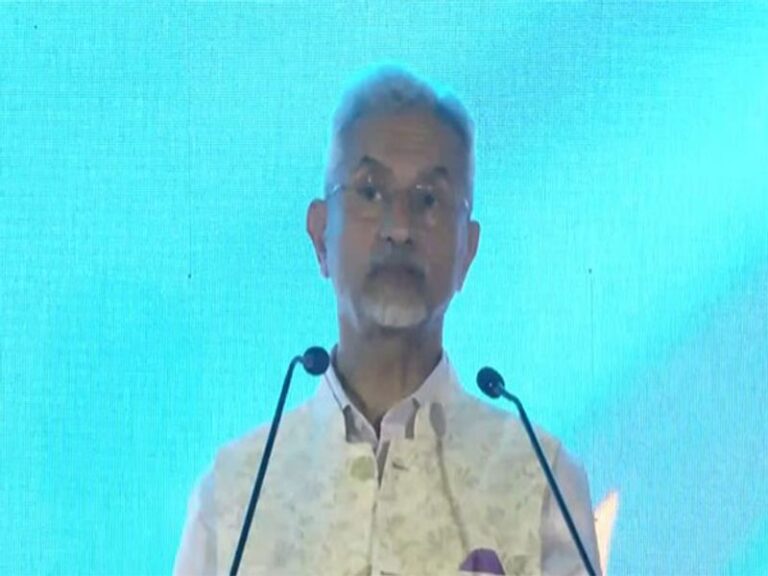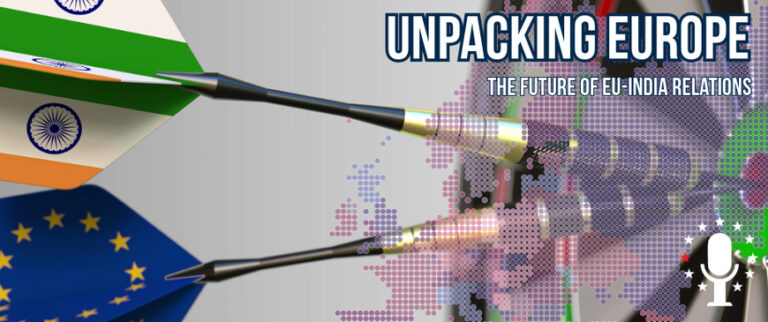
EU-US trade relations: search for stability
After a week of high -level meetings, including the visit of Commissioner Valdis Dombrovskis in Washington and the meeting of President Trump with European leaders in Rome, transatlantic commercial links can enter more calm waters.
The American administration recently launched the idea of ”agreement” potential with the EU to avoid the full force of its new “reciprocal” prices, initially announced in April but delayed until July.
While the American economy is struggling with the volatility of the market triggered by the new tariff regime, the first signs suggest that a more structured dialogue between Brussels and Washington could be on the horizon.
Push of the World Trade in India: Brussels, London, Oslo
The Indian Minister of Commerce, Piyush Goyal, intensifies his international commitment, with a crowded calendar this week, including visits to Brussels, London and Oslo this week.
In Brussels, Goyal will meet the EU trade commissioner, Maroš Šefčovič, to assess the progress of the negotiations of the EU-Indian free trade agreement. Despite a strong political desire to conclude talks by the end of 2025, negotiators on the ground remain cautious about the chronology.
Meanwhile, in London, Goyal put pressure on the British government on carbon taxes. India is looking for exemptions or concessions on new carbon borders adjustment measures introduced to the United Kingdom. Goyal warned that high carbon prices on steel, cement and other industrial goods may have a serious impact on India exports – in particular given India’s strong dependence on coal for industrial production.
The problem also becomes at the heart of India’s commercial talks with Europe, because the countries of the continent, including Norway, deploy similar carbon programs. Goyal’s discussions this week will focus on minimizing the impact of these new carbon costs on Indian exports, with broader implications to finalize trade agreements with the United Kingdom and the EU by the end of the year.
In Oslo, Goyal should continue to raise carbon-related concerns while he is preparing for the implementation phase of the Efta-India FTA signed in 2024.
Commercial talks of the United Kingdom-US: cautious optimism in the midst of tariff challenges
The hopes of an American American trade agreement remain alive, but those responsible on both sides urge prudence. The Minister of the Cabinet, Pat McFadden, recently declared that even if an agreement was “possible”, nothing is guaranteed, and the priority remains to obtain an agreement which serves the long-term interests of the United Kingdom.
The talks gained momentum following a meeting between the British Chancellor Rachel Reeves and the US Treasury Secretary Scott Bessent during the IMF spring meetings. Discussions are massively concentrating on the line insurance of steep prices that have persisiscovered since the Trump administration – in particular 25% tasks on cars, steel and aluminum – although officials accept that it is unlikely that Trump’s basic tariffs at 10% of Trump are canceled.
Chancellor Reeves stressed the importance of building stronger partnerships in emerging fields such as fintech, cryptocurrency and digital assets, areas where it says that the two parties have a significant alignment.
British-Turkey FTA: progress towards modernization
The United Kingdom and Turkey are getting closer to the modernization of their bilateral commercial framework. The negotiators have successfully concluded a new chapter on technical obstacles to trade, aligning numerous provisions on the standards set out in the trade and cooperation agreement of the United Kingdom.
This updated TBT chapter includes annexes to key sectors such as automotive and chemicals – British manufacturing and exports. Once officially signed and put into force, the revised provisions should offer British companies access to the improved market and a reduction in regulatory obstacles.
Official negotiations to improve the global ALE of the United Kingdom also increased, the two parties preparing for a first complete round of talks in the coming months.
The United Kingdom focuses on strategic industries and innovation
The British government increases efforts to strengthen its strategic industries in the midst of a global trade environment.
The Minister of Sciences, Patrick Vallance, has signed a memorandum of understanding on quantum technologies with Japan, covering the collaboration of research, investment, security and standards. This agreement is aligned with the wider push of the United Kingdom to deepen innovation links with allies and to maintain leadership in new generation technologies such as quantum IT.
Meanwhile, the Minister of Investments Poppy Gustafsson was in Paris engaging in French investors in the infrastructure and creative industries, reflecting a broader strategy to attract capital in the energy, digital and rail transition sectors of Great Britain.
EU-UK relations: stabilize the post-Brexit course
London welcomed this week the UE-UK joint committee supervising the Brexit withdrawal agreement, including the key elements of the Windsor framework on the commercial status of Northern Ireland.
Commerce commissioner Maroš Šefčovič and his British counterpart Nick Thomas-Symonds co-chaired the talks. Šefčovič also met the British ministers Jonathan Reynolds, David Lammy and Hilary Benn.
These discussions occur a few weeks before the main UE-UK summit scheduled for May 19, which should set the tone for future cooperation through the trade, energy, security and mobility of young people.
Australian elections and Canada: commercial discussions on the right track?
This week’s elections in Australia and Canada could reset a momentum for a broader commercial commitment with Europe and the United Kingdom.
In Australia, voters go to the polls on Saturday. Whatever the part that appears victorious, there is a renewed interest in relaunching the talks of Australia-EU AFTA, which stalled in 2023 for requests for access to the agricultural market. Australia also reports a greater interest in tightening economic ties with British partners and CPTPPs, especially while global tariff tensions continue to destabilize traditional trade routes.
Meanwhile, Canada also organized federal elections this week, with the conservation power of the Liberals of Prime Minister Mark Carney, but not with a pure and simple majority. The Liberals previously expressed a strong interest in restarting commercial negotiations with the United Kingdom. A more stable government in Ottawa would probably accelerate discussions on the modernization of the commercial relationship of the United Kingdom-Canada and the deepening of collaboration in sectors such as critical minerals, clean and digital technology.
Techuk International Policy and Trade Program Activities
Techuk supports members with their international plans and aspirations. We help members understand market opportunities, to combat market access barriers and to establish partnerships on their target market. Visit the program page here.
The New Techuk report describes key policy recommendations to stimulate the UK growth thanks to the technological sector in the world of global challenges, emphasizing resilience, commercial leaders and strategic investments.
